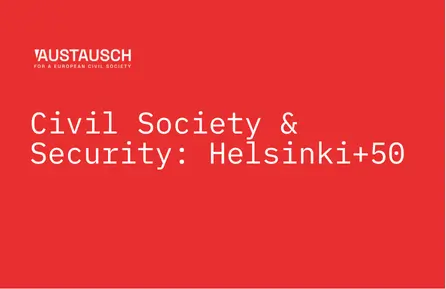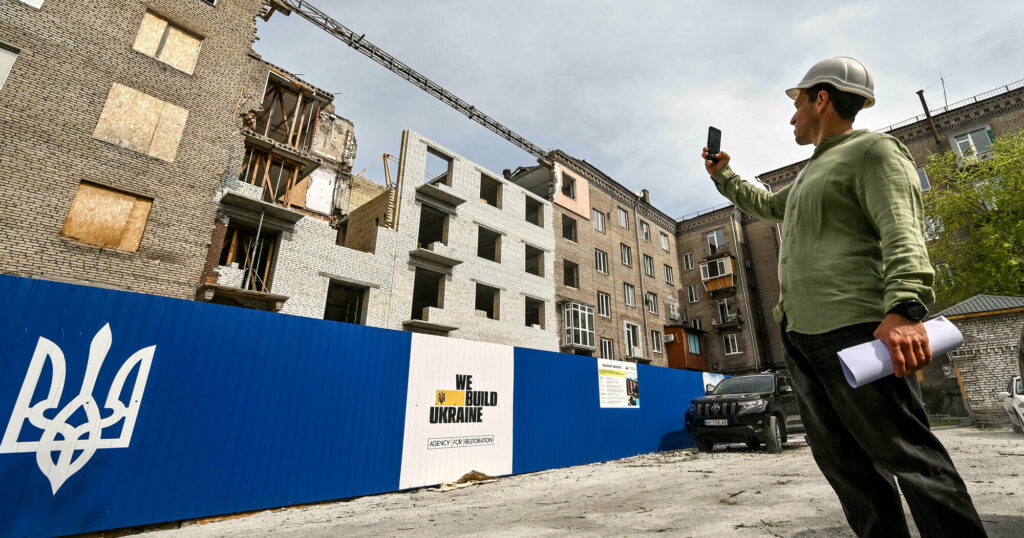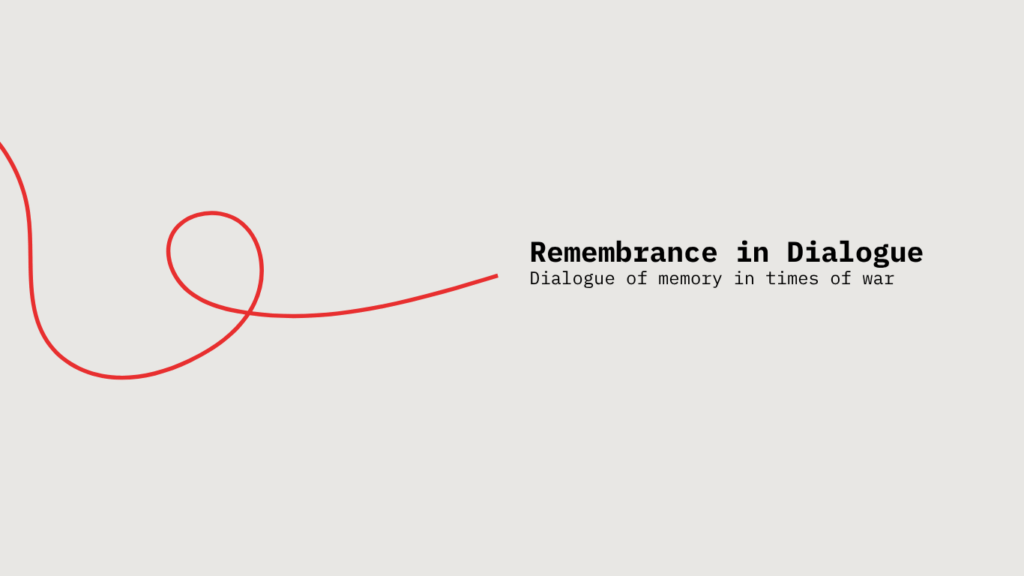Rethinking Civil Society and Security – Austausch e.V. in the Helsinki+50 Process
Europe’s security order must be reimagined. And without civil society, this will not be possible.
Since autumn 2024, Austausch e.V. has been actively engaged in the implementation of a high-level civil society reflection process, as part of its involvement in the international Civic Solidarity Platform (CSP). The goal: to develop new perspectives on European security – rooted in effective, democratically grounded security policy.
Following consultations in Warsaw, Helsinki, and Vienna, two final meetings are now being prepared. One will take place in Berlin, focusing on [insert topic of the Berlin event]. The concluding consultation will be held in Vienna, home of the Organization for Security and Co-operation in Europe (OSCE) – a city where many of the region’s security debates still converge.
The outcome of the reflection process will be a civil society memorandum on the future of European security, to be presented in summer 2025 as part of the international conference marking the 50th anniversary of the Helsinki Final Act – an initiative to which Austausch e.V. contributes actively.
Back in 1975, the Final Act marked a historic breakthrough: states committed to respecting borders, upholding human rights, and resolving conflict through dialogue rather than force. Fifty years later, this promise may feel fragile – yet it remains a crucial point of reference.
Because what is the alternative? Russia’s war of aggression against Ukraine reminds us daily: security is not an abstract concept. It means something very real – like the ability to sleep at night without fear of drones.
So the pressing question is: How do we reconfigure European security in a world where the United States is increasingly stepping back as its guarantor?
Our conviction is clear: a modern security architecture must go beyond military strength. It must be based on human rights – not as a moral add-on, but as a structural foundation. History shows: domestic repression often paves the way for external aggression. Russia makes that painfully clear.
What remains at stake is this: How do we prevent the debate on European security from once again being conducted exclusively between states – without civil society, without dissenting voices? Without the insights of colleagues working under autocratic conditions, who are so often the first to be silenced?
“Security in Europe is unthinkable without civil society. Modern democratic security policy must be based on the active participation of free citizens – and on an approach that mobilises social resources intelligently. That is what we stand for.” – Jacob Riemer, Deputy Director of Austausch e.V.
Our work is committed to this goal – to ensuring that Europe’s future security is shaped not only by governments, but also by the societies they claim to represent.





